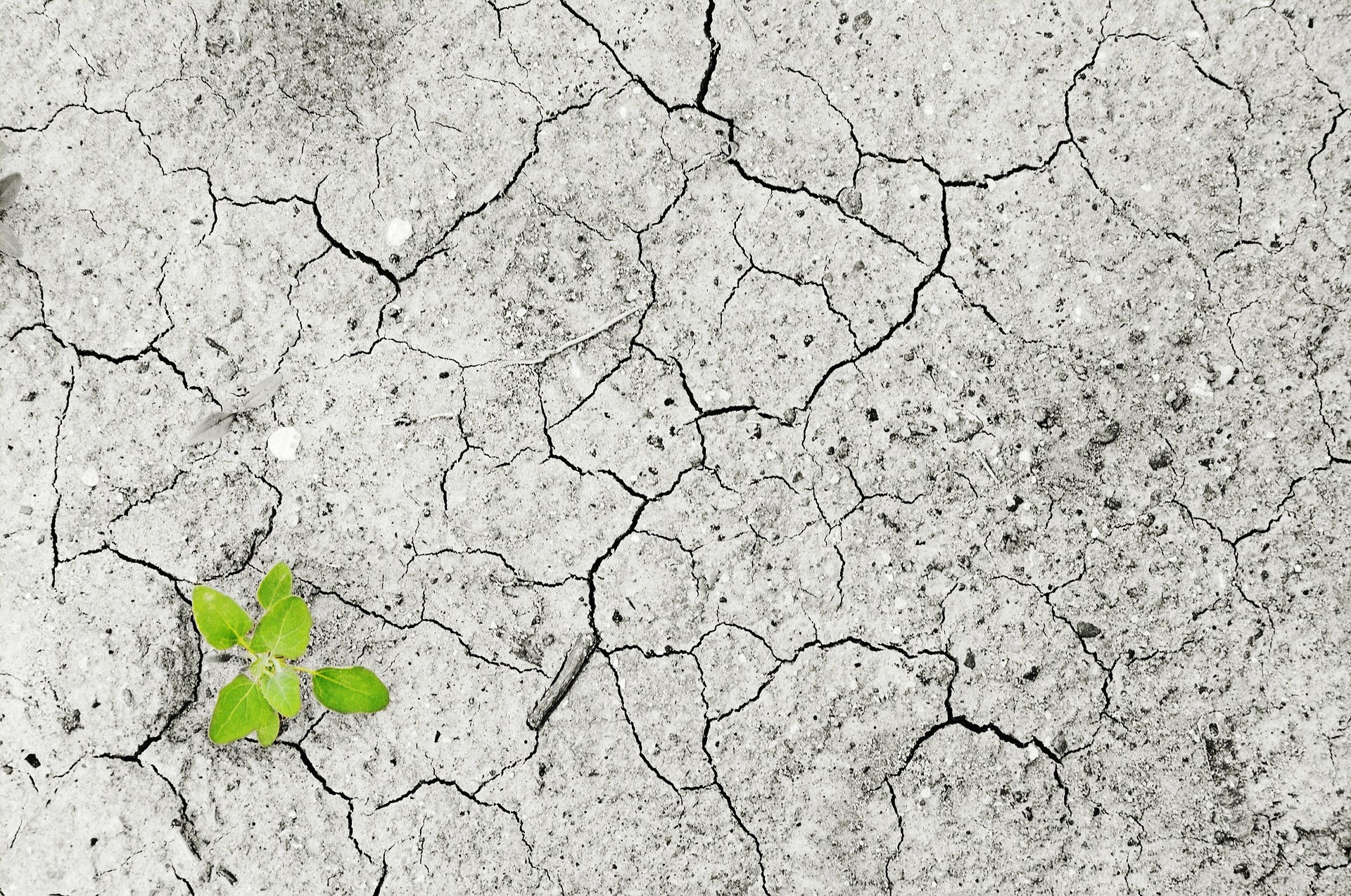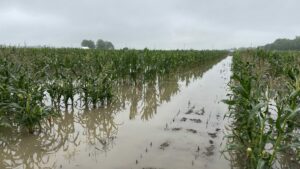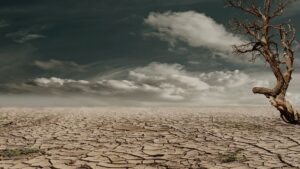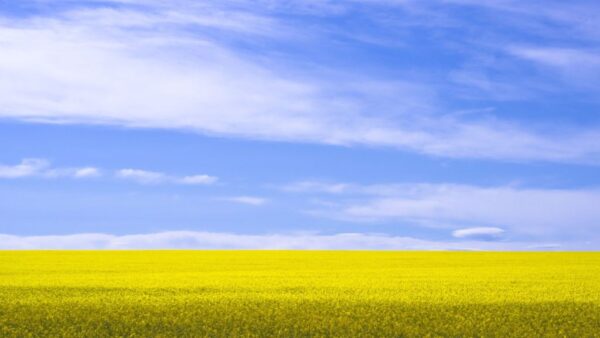Globally, every country is feeling some form of the effects of climate change. The U.S. is facing droughts in portions of the country right before harvest. Europe, in addition to droughts, is facing wildfires that aren’t usually seen. Other areas are experiencing difficult storms, such as typhoons.
While the effects of climate change can be seen in the changing and increasingly difficult weather events, there’s another aspect of climate change that isn’t as obviously seen: the economic effects. With every new weather disaster comes an effect behind it that can hurt different portions of global agriculture.
“We see that in terms of flooding, those typically have an effect in terms of increasing water damage and damages in terms of roads and so on,” says Uris Baldos, research associative professor at Purdue University’s Center for Global Trade Analysis and the Department of Agricultural Economics, noting that these effects can be seen currently in the wake of Hurricane Ian in Florida.
“Another way climate change effects the economy is through power grids,” he adds. “Last year, Texas had essentially a snowstorm, where they typically don’t experience that. Their energy infrastructure and water infrastructure aren’t equipped to handle those.”
Of course, in agriculture, the effects can look a little different. Within the past few years, droughts and flooding have been more prominent in the Midwest, which has a direct impact in terms of harvestable crops.
The U.S. Environmental Protection Agency reports that extreme temperature and precipitation can prevent crops from growing, and extreme events — for example, 2010 and 2012 experienced high nighttime temperatures, which cost corn yields across the Corn Belt. A warm winter in 2012 caused Michigan cherries $220 million in losses.
“More recently, in South Asia you have areas prone to flooding,” Baldos says. “This year, there was huge flooding in Pakistan, and you could actually see the scale of it from satellite imagery. These extreme events will result in loss of life, loss of infrastructure and loss of livestock.”
The U.S. is typically more fortunate than other regions, as the agriculture sector is rather large. Baldos says those most at risk to feel the economic effects of climate change are areas where hurricanes and typhoons are predicted.
“It’s going to be parts of the East Coast in terms of the U.S., as well as parts of Southeast Asia and South Asia, such as India and Pakistan,” he says.
But, even in the Midwest, seed companies and growers alike need to understand that a changing climate will affect them as well.
Droughts and strong wind damages, like derechos, are appearing more often in the Midwest. Baldos notes that because of these events, climate change will still have an effect on that area.
“We need to start talking more about climate adaptation,” he says. “If you look at the news media, a lot of focus has been on climate mitigation — things like, how do we curtail GHG emissions. But, there isn’t a lot of discussion around how we can help farmers and how we can help plants adapt to this new normal.”
As we move to the future, focusing on climate adaptation means seeing seed companies and public research institutions cooperating more to develop new varieties that are more resistant to extreme events, Baldos says.
“There’s also a need to start thinking about how to use water more efficiently in agriculture,” he says. “Especially when you’re thinking of a drought. The way you could solve that issue is to invest in irrigation, but as you have more farmers using ground water, that’s going to lower the ground water and lower the availability of water for agriculture use.”
It’s no small task, but in working together and forming partnerships, agriculture can tackle the economic effects of climate change.
Want to read more about climate change? Visit:
Farmers Join Forces with Seed Sector to Combat Climate Change
Climate Change Turns Up the Heat for Wildfires












